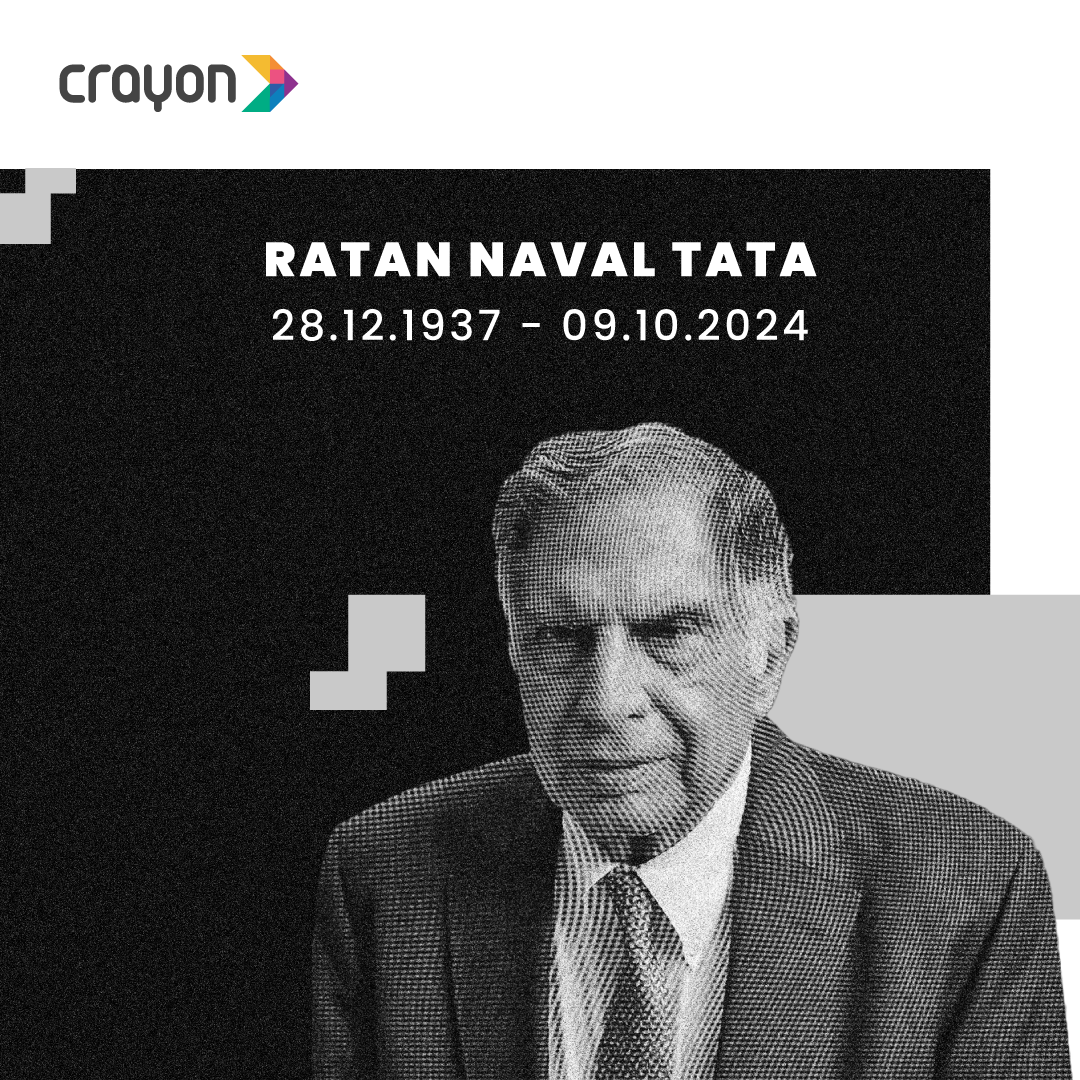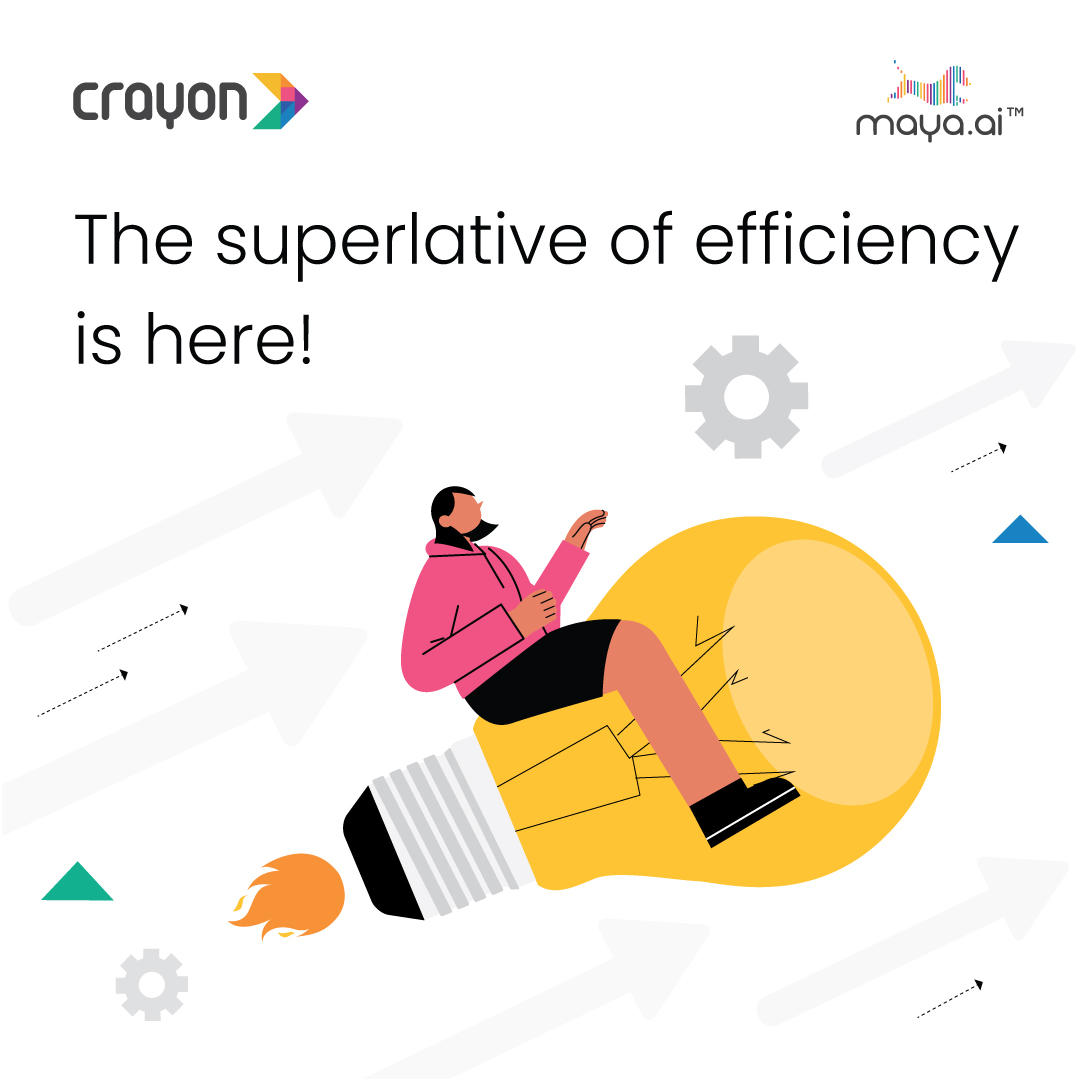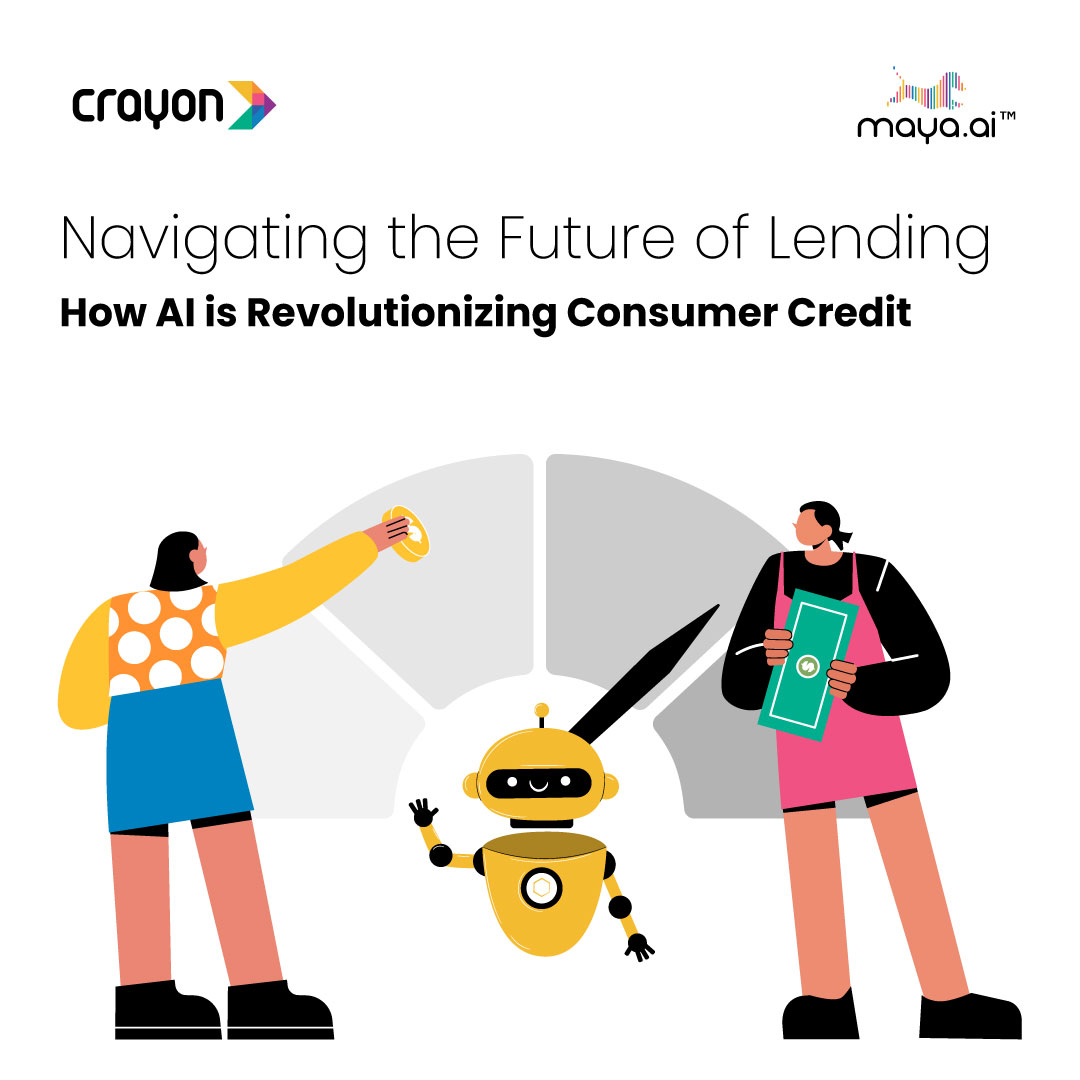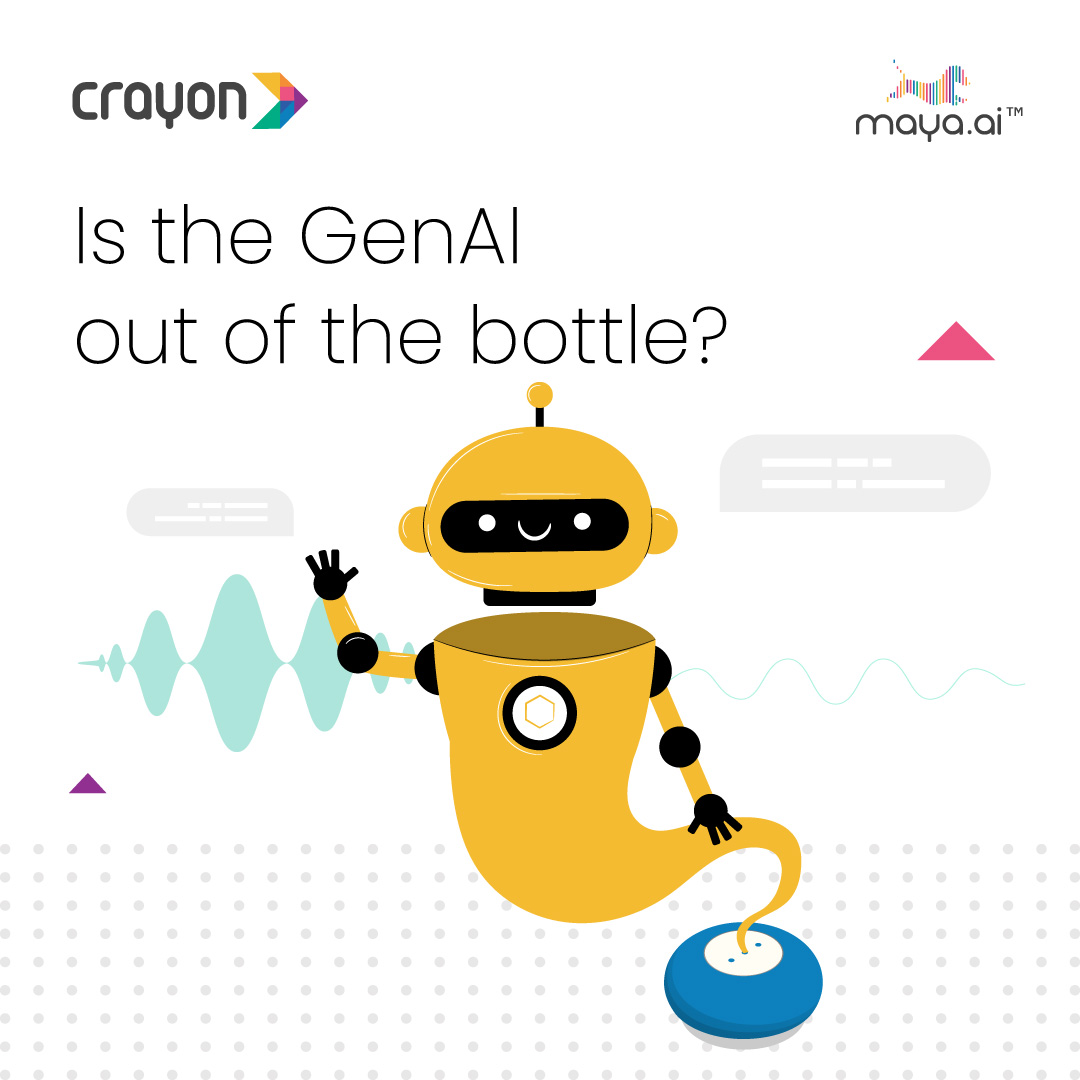Remember a few years ago when all the talk around emerging NoSQL databases was how they’d make history of relational databases any time that scale was an issue? Well, that hasn’t exactly happened yet, and Hummer Winblad Managing Director Mitchell Kertzman has a theory as to why: In most cases, NoSQL just isn’t that disruptive.
A database veteran of decades, Kertzman shared his thoughts on the space during this week’s Structure Show podcast. Here are the highlights of an entertaining and insightful interview, but you’ll definitely want to listen to the whole thing.
Really, everyone wants SQL
“If there were cloud-oriented SQL databases that could do the kind of elastic scalability that was needed, handle then volumes of data that were required, then there never would have been a requirement for NoSQL,” Kertzman said.
A big disclaimer is probably in order — Hummer Winblad is an investor in NewSQL startup NuoDB — but Kertzman said that doesn’t cloud his thinking about the next-generation database space. The firm actually passed up a lot of NoSQL companies over the years for a number of reasons, and one of them is a belief that companies — especially those running mission-critical or otherwise important applications — really just wanted a better relational database.




